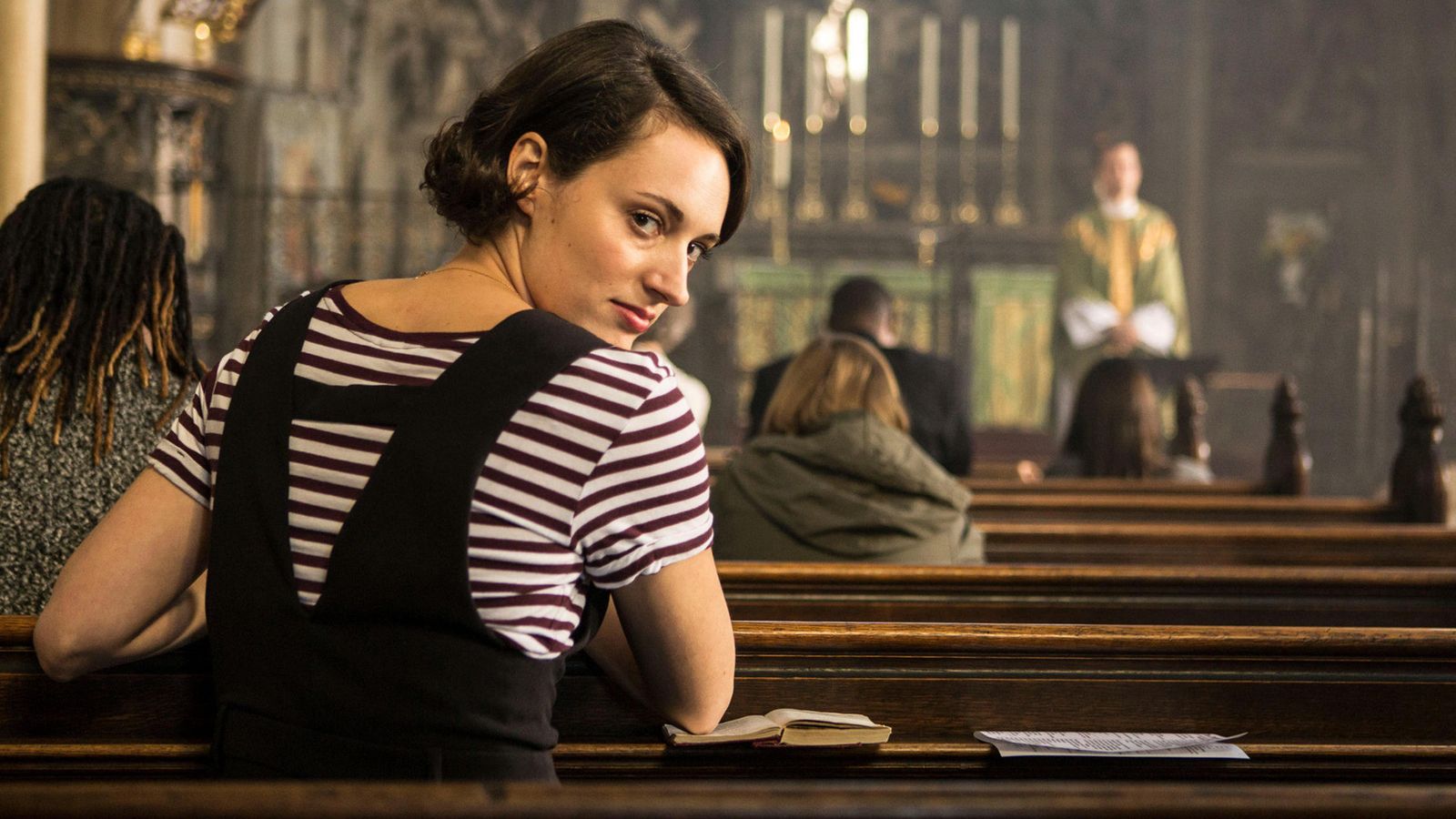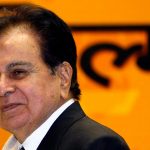The director-general of the BBC has warned that the broadcaster is “losing talent” such as “the Phoebe Waller-Bridges” in a “red hot” battle for stars and creators with rivals and streaming services.
Speaking at a digital, culture, media and sport committee session, Tim Davie made the comments when asked about key talent leaving, and said the corporation is facing competition from other networks potentially offering successful writers, actors and directors “transformational wealth”.
Emmy, Golden Globe and BAFTA-winning Waller-Bridge created and starred in the hugely popular and critically acclaimed BBC comedy Fleabag, which aired in 2016 and 2019, and was also the head writer for the first series of the broadcaster’s equally lauded spy comedy-thriller Killing Eve, which launched in 2018.
In 2019, the star signed an exclusive £50m deal with Amazon Studios to make and produce new shows exclusively for Amazon Prime Video.
Ricky Gervais is another comedy star who found fame on the BBC, with The Office in 2001, but went on to work with other networks and in 2019 launched black comedy After Life on Netflix – and has since signed an overall deal with the streaming platform.
In recent years, the broadcaster has also lost some big-name radio stars, with Chris Evans moving from Radio 2 to Virgin Radio in 2019 and Graham Norton following suit earlier this year – although he still presents his chat show on BBC One – as well as hit show The Great British Bake Off, which in 2017 moved to Channel 4 after seven series.
When asked about the BBC losing key talent, Mr Davie told MPs: “We are losing talent. It’s not just people going to Times Radio and all those things, it’s also big deals being signed with the Phoebe Waller-Bridges.
Sheridan Smith says she suffered seizures after ‘humiliating’ joke at BAFTAs
“We are facing a situation where we are in a global game now. If you are a successful writer, actor or director, the demands on you have never been greater and there are possibilities for transformational wealth.
“The BBC needs to do things differently to other players – new talent and new writing.
“There is something wonderful about working in the UK, life is not just about money, it’s about the creative experience you get, it’s about making Normal People, some wonderful dramas, that ability to actually be on BBC One and have a big audience.
“These are things that make the BBC special, but over time there will be increasing pressure on us.”
Mr Davie said it is “red hot out there”, as global players such as Disney+ and HBO Max enter the market.
He added: “Making stuff is one thing, but there is a strategic question for the BBC and the UK on how much IP (intellectual property) we own and create, not just being a making shop but an inventing and owning shop.
“It’s a real worry for us, and we are in a fight.”
Discussing talent pay, Mr Davie said: “The long-term position is restraint and value, that does not mean year-on-year you’re going to get massive cuts.
“We have 22,802 contributors, the 72 earning over 150 represent 0.3% of the content budget and I know this can be awkward territory, but it’s a very small amount, and we are in an incredibly inflationary market.
“We have lost people, Graham Norton has gone to Virgin Radio, we’ve lost people to GB News, LBC, they are being poached.
“I want to see continued restraint in offering exceptional value, we are not seeing a radical increase in these numbers, but we are unashamedly wanting that top talent.”
During the session, BBC chairman Richard Sharp also defended the hiring of Jess Brammar as head of news channels, denying that controversy surrounding her appointment had “tainted” it.
Ms Brammar, former editor-in-chief of HuffPost UK and acting editor of Newsnight, will oversee the BBC’s two 24-hour news channels – BBC World News and the BBC News Channel.
It comes after her impartiality was questioned when old tweets emerged in which she was critical of Brexit and the prime minister.
Mr Davie added: “We need to hire the best at the BBC, and we need to hire across the political spectrum. That is an incredibly important precedent, and this affair is dangerous territory for us.”
This is not “because of the process”, he added, but because of people “doubting our ability to hire people with views into the BBC” and that “when they get here they leave them at the door – political views”.






















